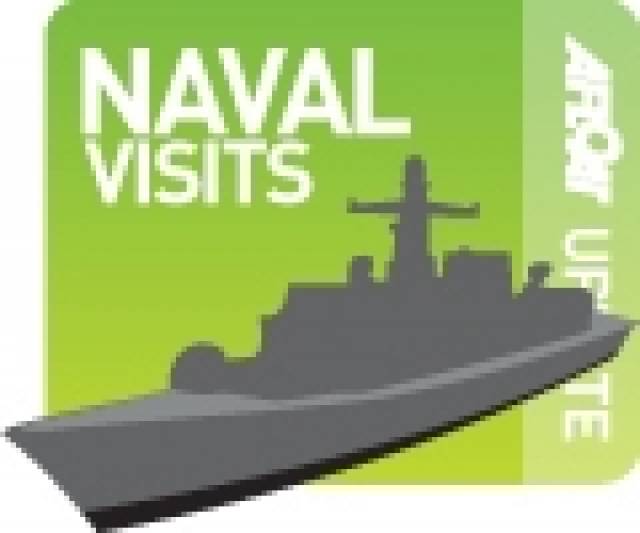#TurkishSubmarine – A Turkish Navy submarine that was to call to Dublin Port last month to coincide with the centenary of Irish troops in the Gallipoli Campaign of WWI as previously reported on Afloat.ie, did not dock, as it transpired, due to 'technical' reasons, writes Jehan Ashmore.
The Gür class missile-carrying submarine TCG Burakreis (S-359) was scheduled to make a courtesy call to Dublin Port to mark the centenary of Anzac Day (25th April 1915). In addition the visit was to enhance present day relationships between the two republics.
Prior to Anzac Day, which saw international figures among them President Higgins attend the main ceremonies held on the Turkish Peninsula, the 1,586 (dived) tons submarine was in Scottish waters to where NATO exercises took place.
During the Burakreis Scottish manouveres, the 62m long, 8,500 nautical mile range submarine was in the Firth of Clyde. When off Gourock for example, the submarine was in the vicinity of an Arklow Shipping Ltd general cargsoship. The anchored 'R' class vessel being one of ASL's Dutch division based ships registered in Rotterdam.
As part of the NATO exercises, it is understood to have included a German naval flotilla of seven ships. The flotilla called to Cork Harbour during the 'Anzac' weekend in advance of last Thursday's RMS Lusitania centenary commemorative events where President Higgins also attended.
































































